Who doesn't love them, the colorful and radiant flowers of the balcony plants that adorn even the smallest balconies in summer. Not many are lucky enough to have a sunny balcony. However, if you are one of the lucky ones, then this article is for you! Here you can find out everything about balcony plants and 4 enchanting flowers for sunny balconies.
Balcony plant 1: geraniums
Geraniums or pelargoniums are particularly popular in summer because of their bright colors. Whether pink, white, orange or red, everything is included and every color is breathtaking.
Casting
It is best to water your geraniums once so much that the water drains out of the pot. Remove excess water to prevent waterlogging. In the height of summer, you will most likely need to water twice a day. You should do this in the early morning hours and late evening hours. If you water them in the strong midday sun, the water will evaporate too quickly and your plant will hardly benefit from it.
Tip: For a sunny orientation, do not water your balcony plant directly onto the leaves from above, otherwise the sun can quickly burn them.
Fertilize
Especially in small balcony boxes, geraniums have a high need for fertilizer. They are heavy feeders and need an above-average amount of nutrients to form many flowers. So-called long-term geranium fertilizer is very suitable, but to be as environmentally conscious as possible, you can also use organic fertilizer.
Away with the old blossoms
What many people don't know, by cutting off old leaves and flowers, you prevent diseases. This is also called "cleaning out" and is most easily done a few hours after watering. However, do not cut off the flowers and leaves.
Just take the affected leaf or flower stalk with two fingers and bend it against the direction of growth. In this way it is separated very cleanly without creating a basis for bacteria.
Hibernate
Geraniums are actually perennials, which means that if they are wintered correctly, they can also bloom next summer. Many geraniums continue to flower until autumn, but you should prepare your geranium pot for the cold season at this time.
Geraniums should overwinter in a bright place at about 5-10°C. You should therefore not leave them outside in winter. The darker the winter quarters, the less temperature the geranium needs at this time. Keep your geranium slightly moist during the winter, avoid overwatering. Next spring, you can plant them in fresh soil.
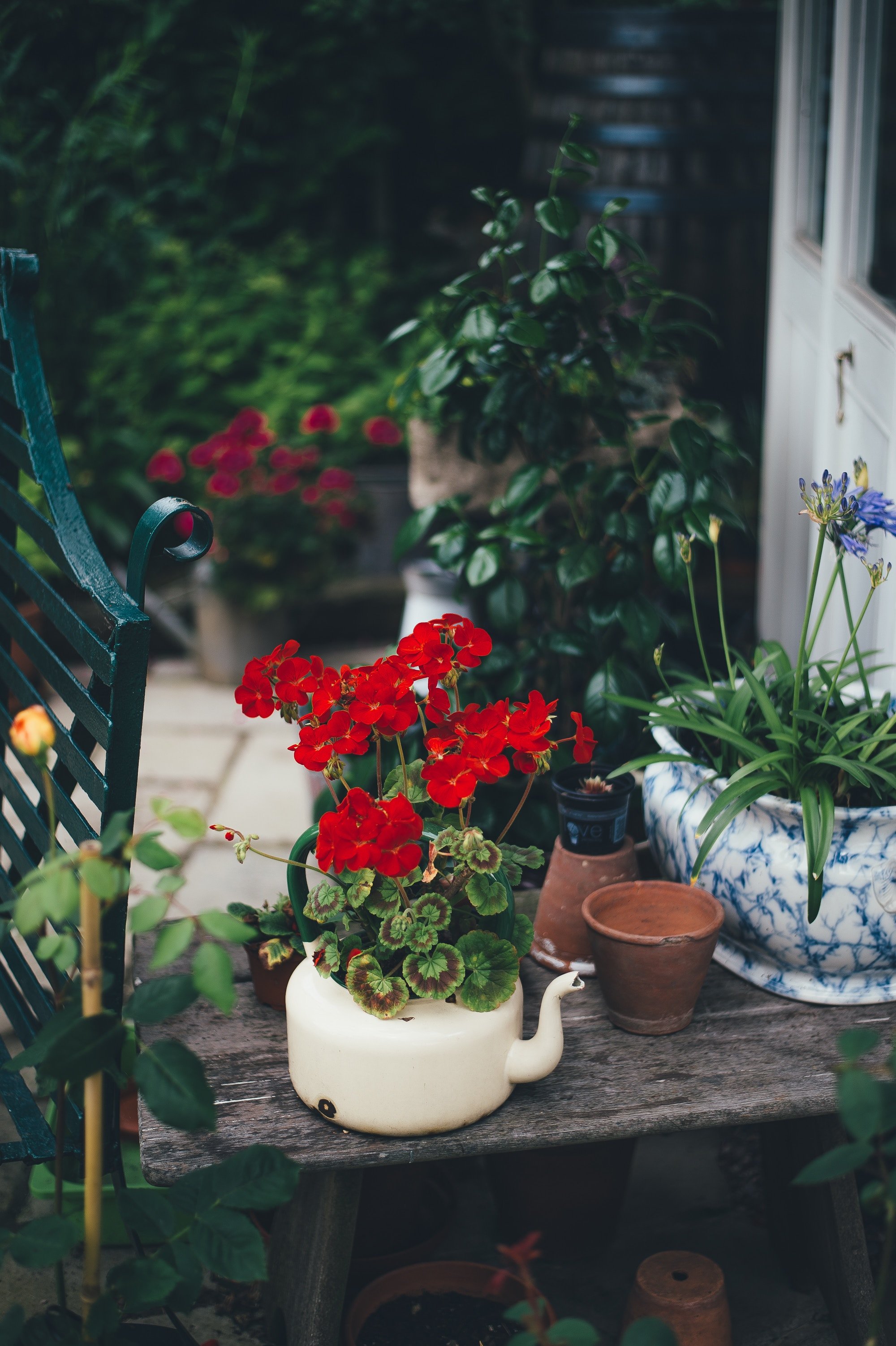
Balcony plant 2: petunias
Petunias are of course the classic balcony plants. They are incredibly easy to care for and make the perfect balcony plants for a sunny orientation.
Casting
Petunias need a lot of water. However, they do not tolerate waterlogging, which causes root rot and thus damages the plant. Water your petunia morning and evening during the flowering period. Make sure that excess irrigation water can drain off.
Fertilize
In order for your petunias to bloom profusely, they need sufficient food in the form of fertilizer on a weekly basis. If petunias don't get enough nutrients, they can get sick and are more susceptible to pests. Of course, you can also easily make fertilizer yourself, you can find out how this works in the article Make fertilizer yourself.
Hibernate
Petunias are usually sold as annual plants. It is therefore advisable not to overwinter the plants.Do you have other plants that you want to overwinter? In this article about Overwintering plants you get a small selection of plants and how to overwinter them
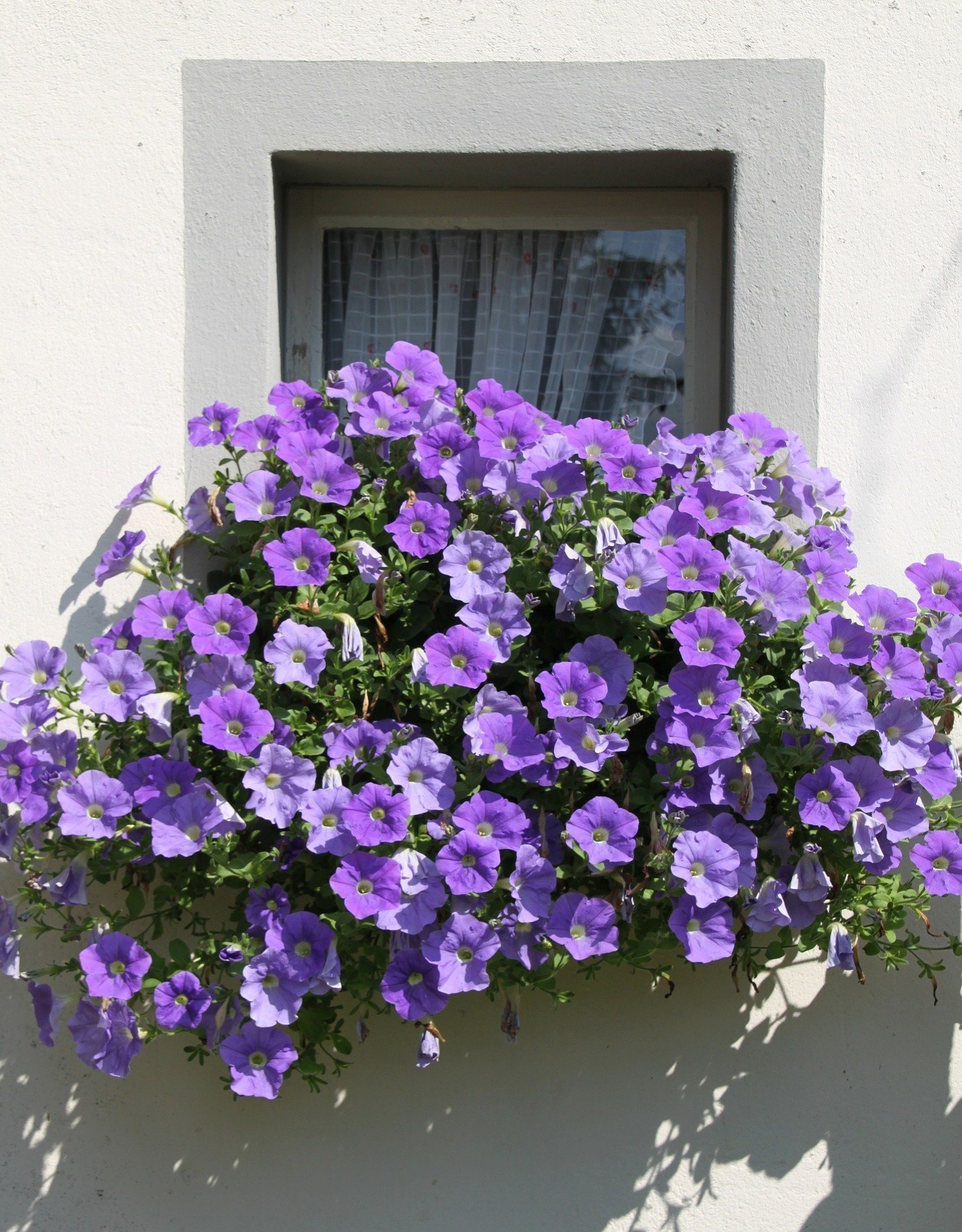
Balcony plant 3: daisies
Casting
Plants in very sunny locations and in tubs need to be watered significantly more than daisies in partial shade. Like other plants, they do not tolerate waterlogging. Make sure that excess water can run off or is removed from the cachepot in good time.
Fertilize
In the happy nature, daisies are used to low-lime soils. They are therefore relatively undemanding and hardly need any additional nutrient supply. Of course, you can still help out with the balcony plant for a sunny orientation. A little liquid fertilizer every two weeks is enough.
Hibernate
Some types of daisies can also be in full bloom again next summer. The balcony plant needs a cool place, because it absolutely does not like heated rooms. Temperatures between 5 and 15°C would be optimal here. Water them moderately so the root ball doesn't dry out. However, before hibernation, you should cut back your daisy to 1/3 so that it can sprout again.
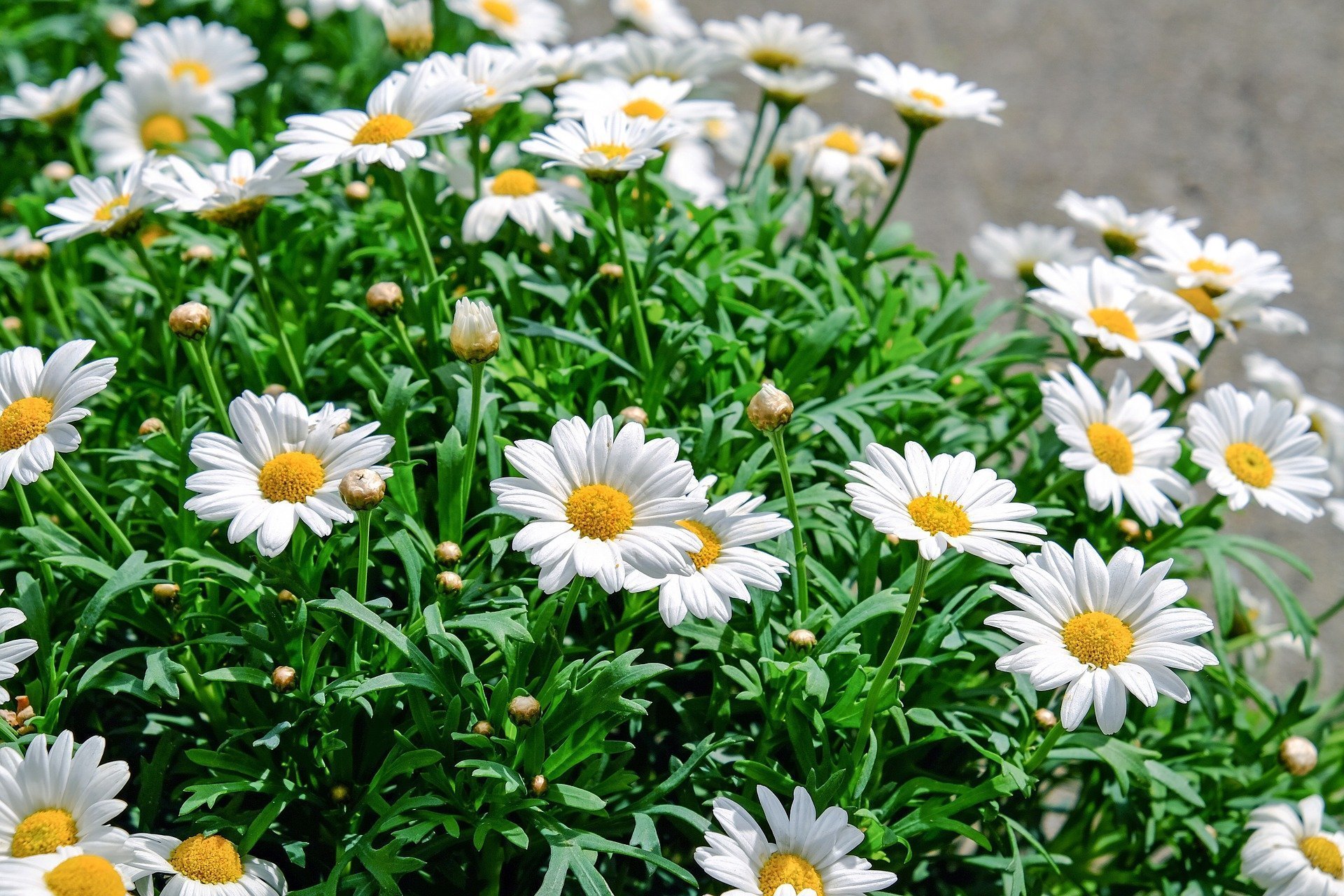
Balcony plant 4: Black-eyed Susan
The black-eyed Susanne or Thunbergia alata is one of the perfect balcony plants for sunny orientations. In summer and autumn it forms a veritable sea of flowers in red, white, yellow and orange. The special thing about this balcony plant is its ability to climb everywhere. It grows incredibly fast and can wonderfully cover up an unsightly facade. In addition, it is non-toxic and therefore ideal for households with animals. The flowers are even edible and are used by some to decorate meals.
Casting
You need a little finesse to cast Black-eyed Susanne. Above all, she prefers it dry to too wet, but she shouldn't dry out completely either. Allow the top layer of soil to dry out before watering again. If too much water collects on the leaf surface, this can harm the black-eyed Susan. So it's best not to water them directly from above.
Tip: Always water in the morning and evening so the plant can absorb the water better.
Fertilize
Even though the black-eyed susan is only cultivated as an annual plant, it still needs regular fertilizer. You give her this every two weeks as a liquid fertilizer together with the irrigation water.
Hibernate
It's too cold for your black-eyed Susanne outside, so bring her in as soon as it gets cooler outside. In your apartment, temperatures of around 10°C are ideal. At this cold time of the year, she likes to stand in the bright hallway or stairwell. Water them less in winter and don't fertilize them. Before she moves into your apartment over the winter, however, she should be cut down to 50 cm. In this way, she uses less energy that she would otherwise put into long shoots.
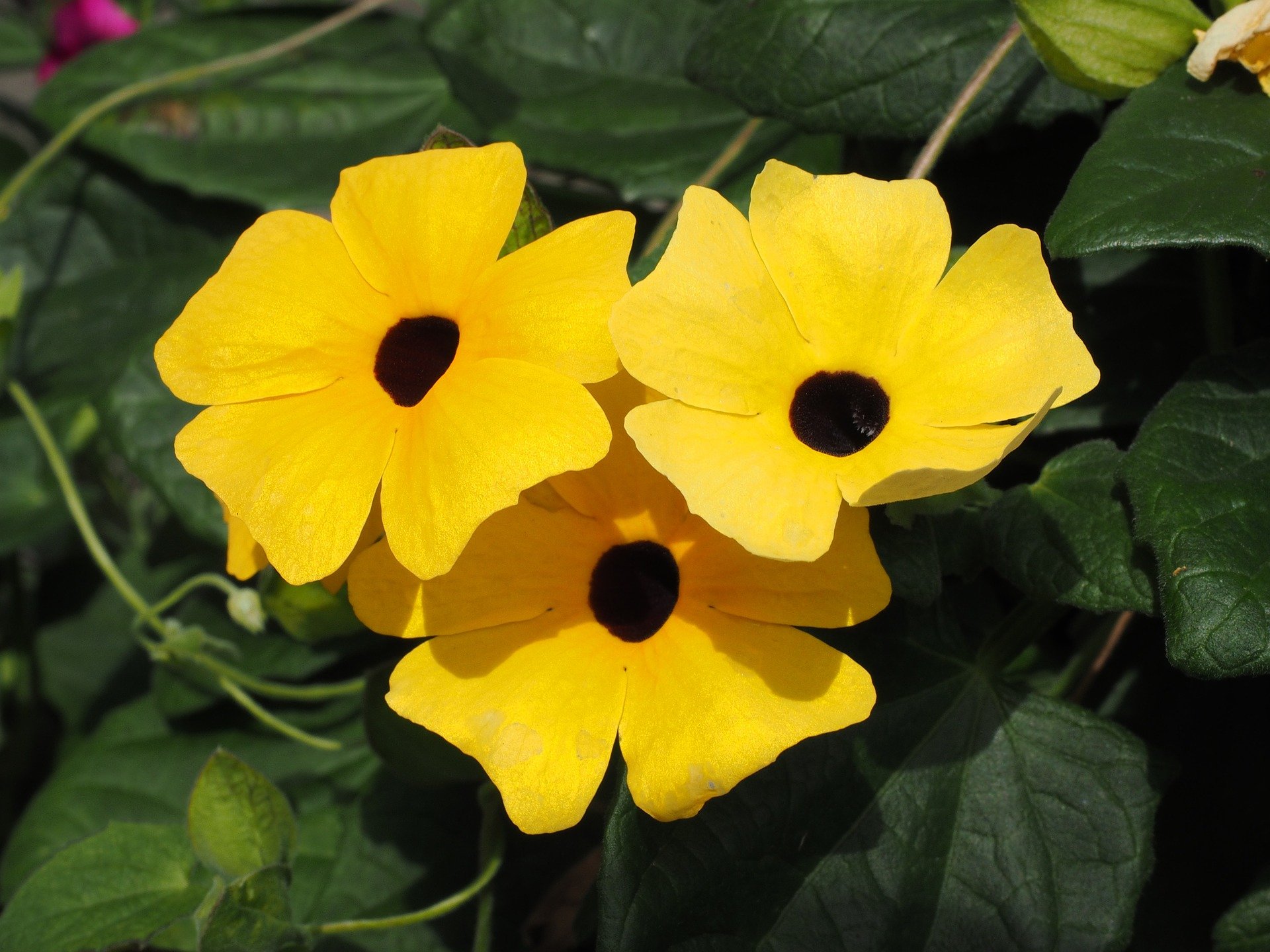
As you can see, there are many beautiful balcony plants for a sunny orientation. If you are interested in indoor plants, you can simply visit our shop and get inspired.
.
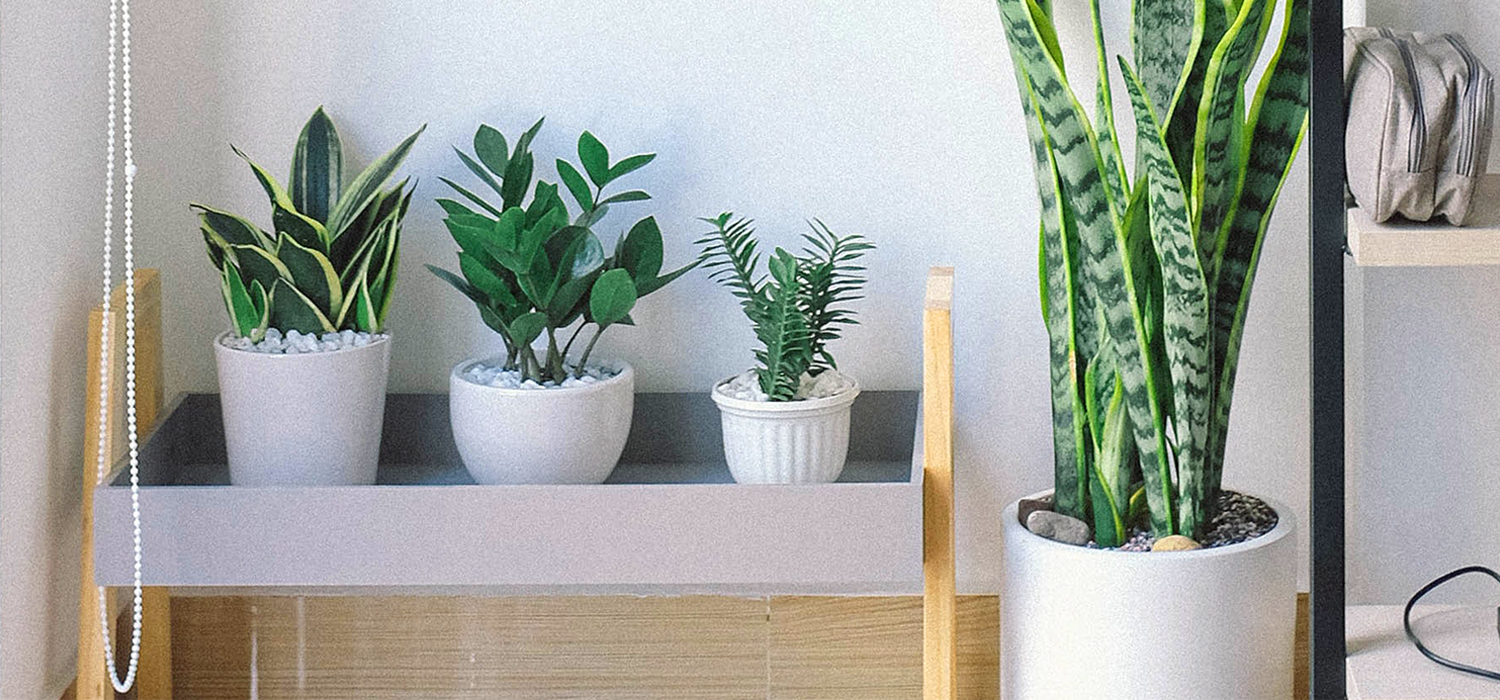
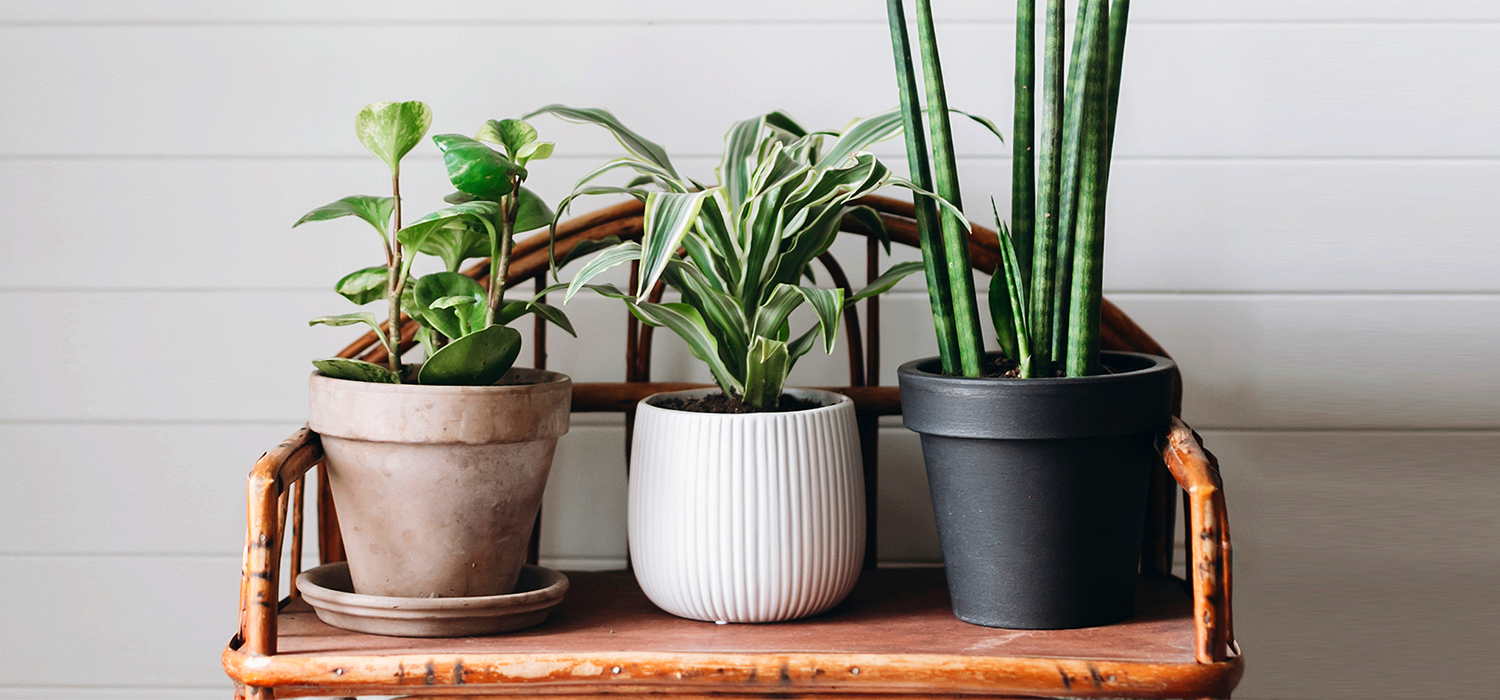
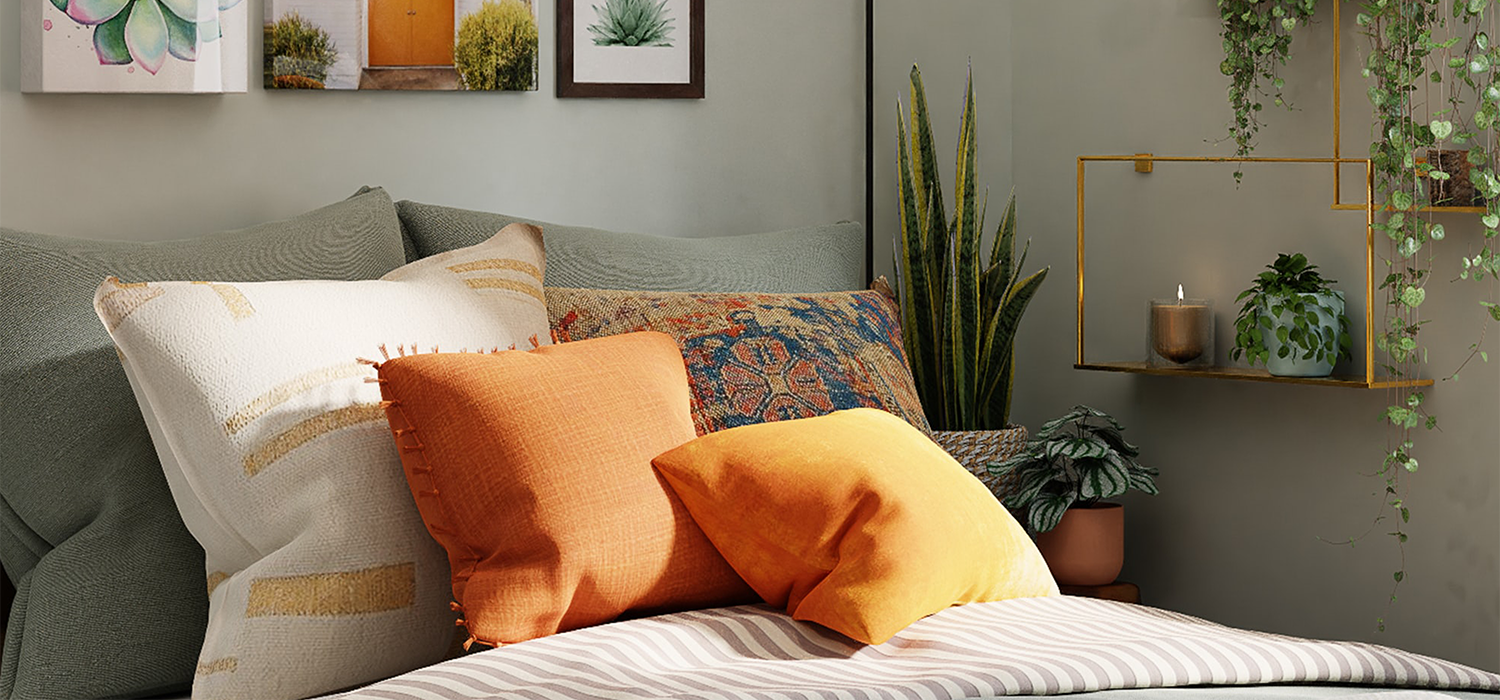
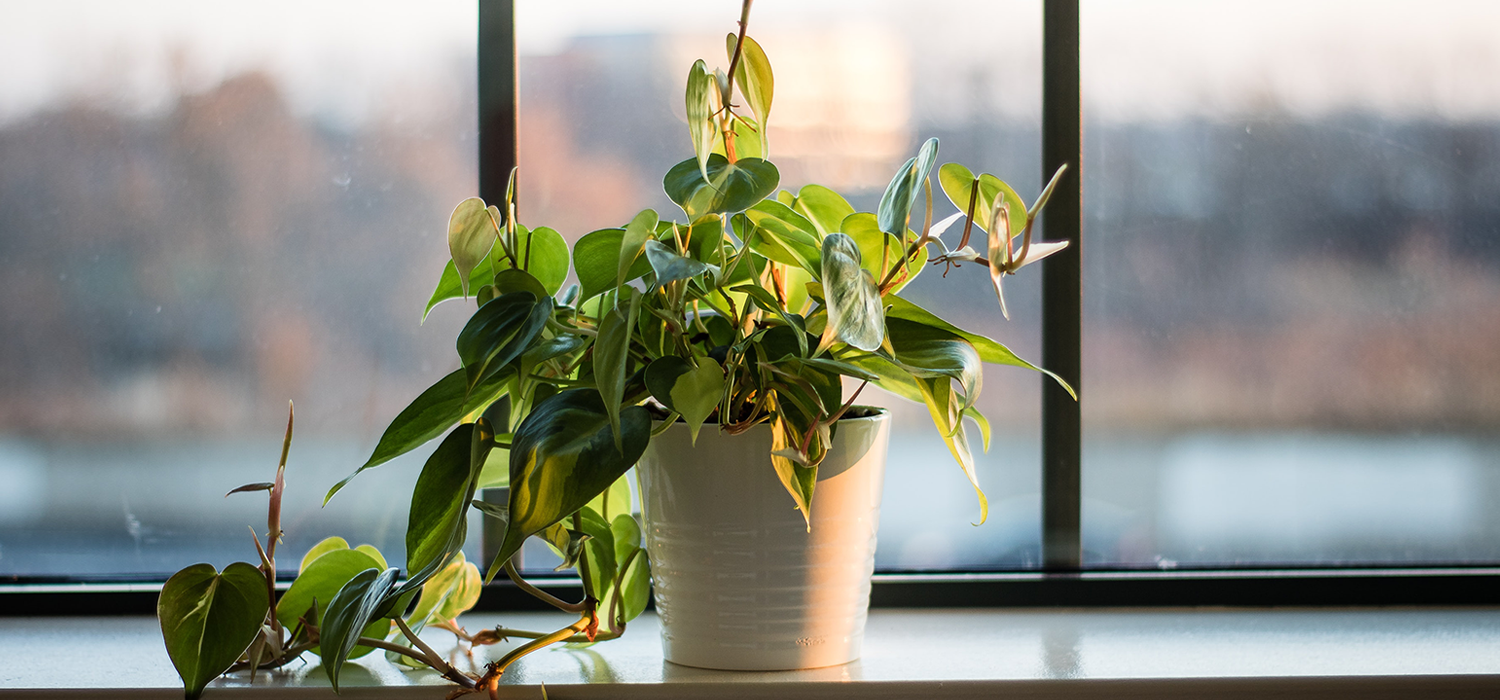
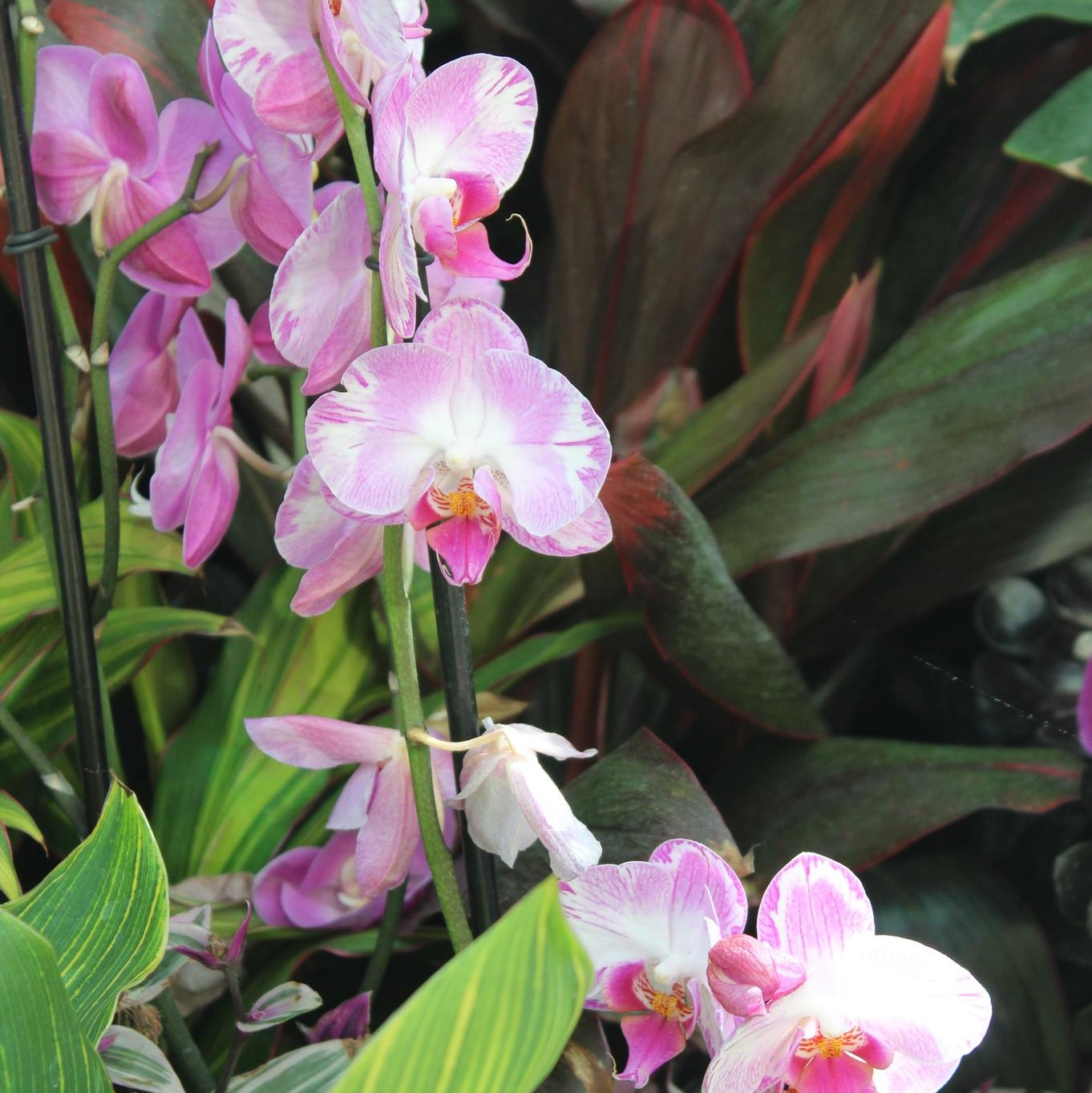
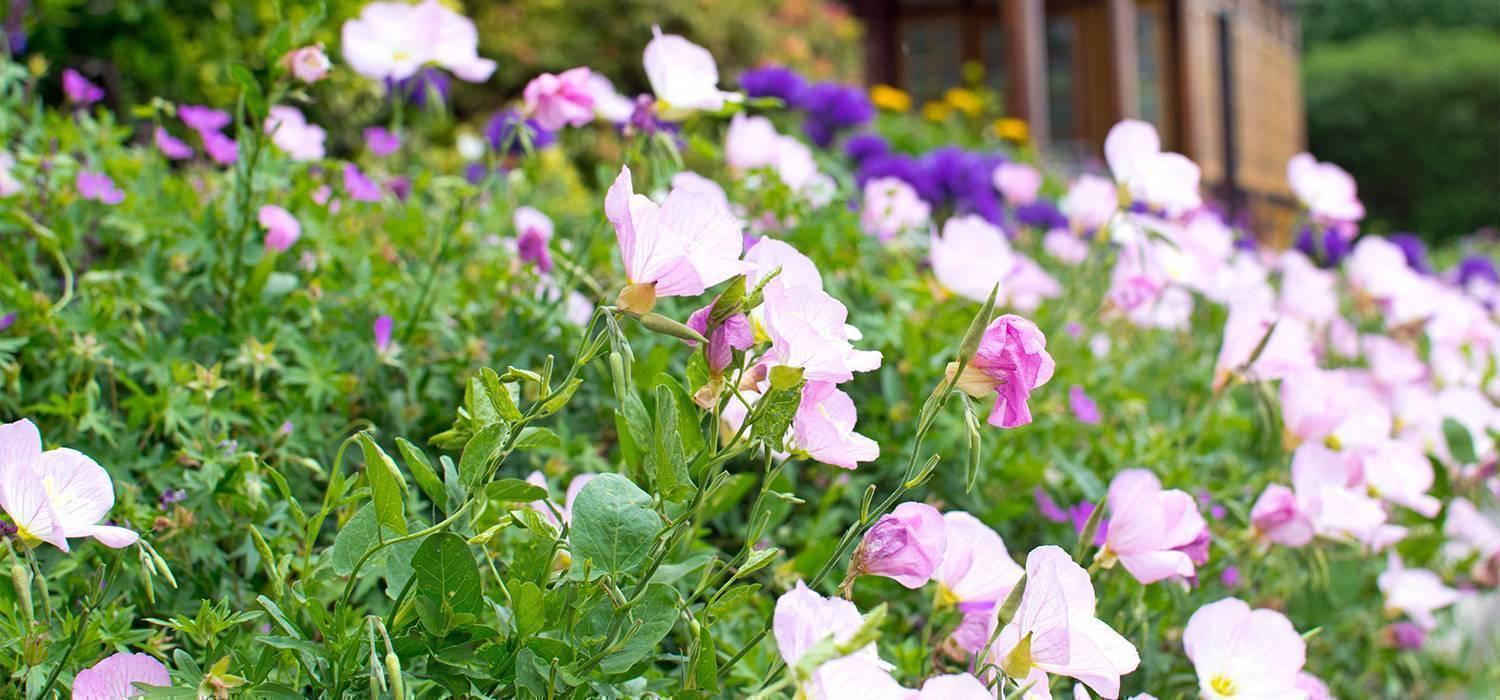
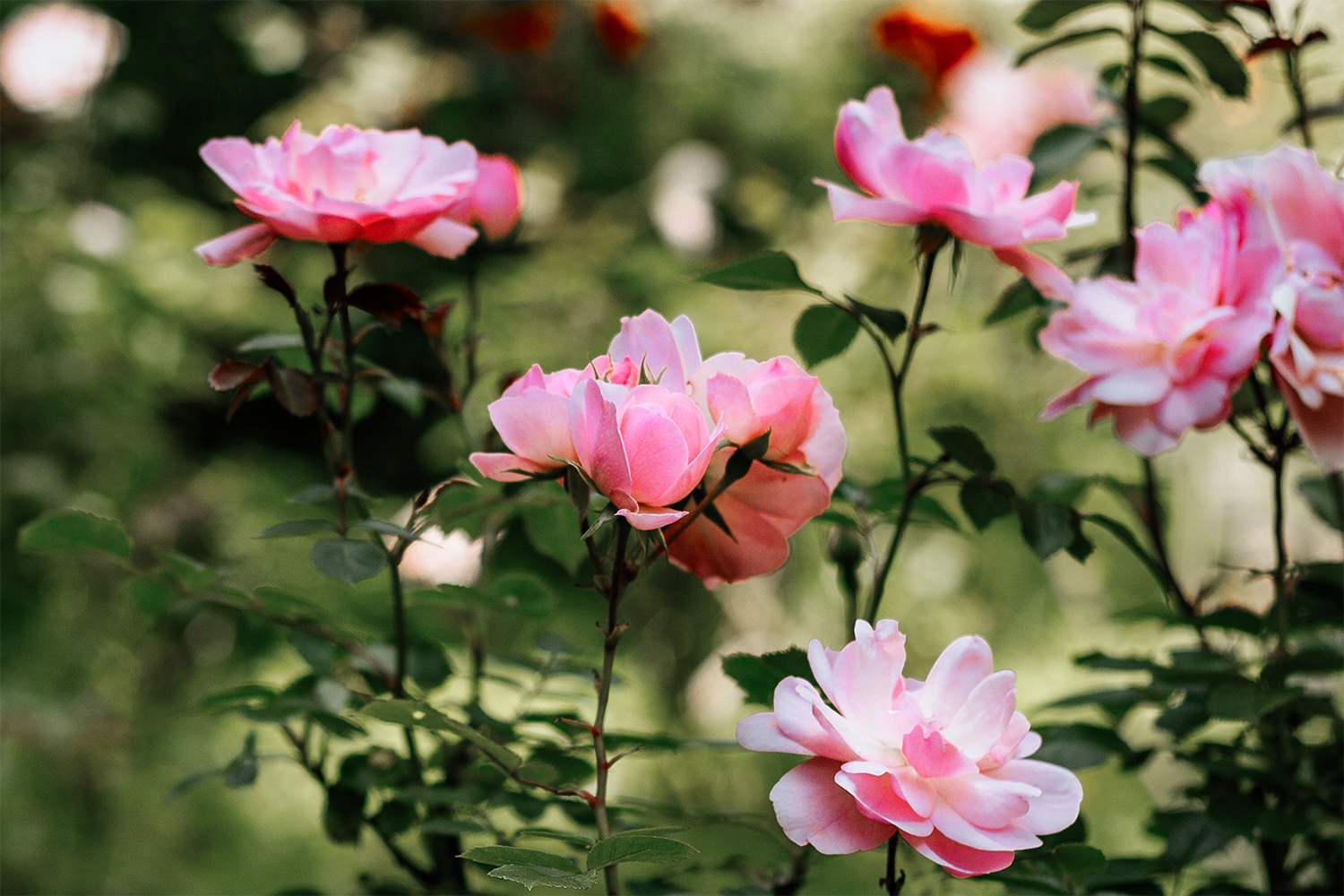
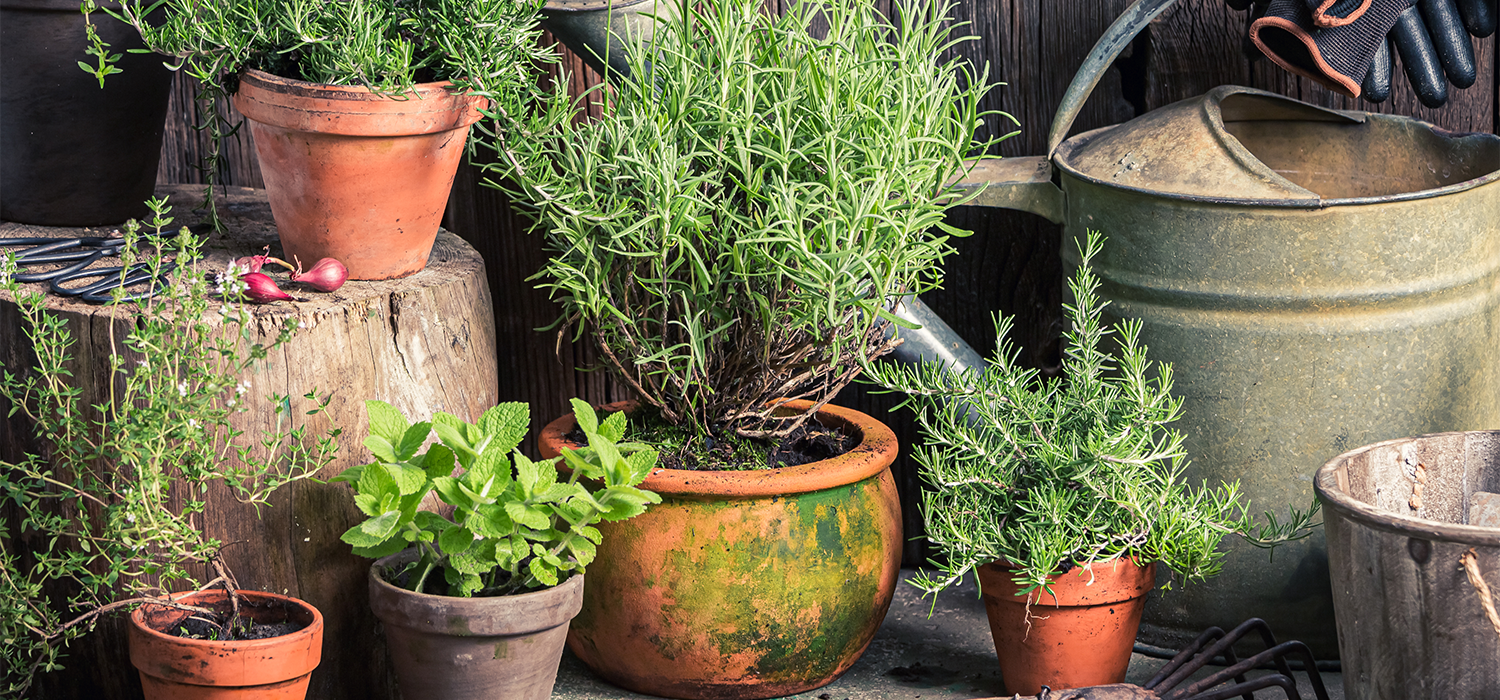
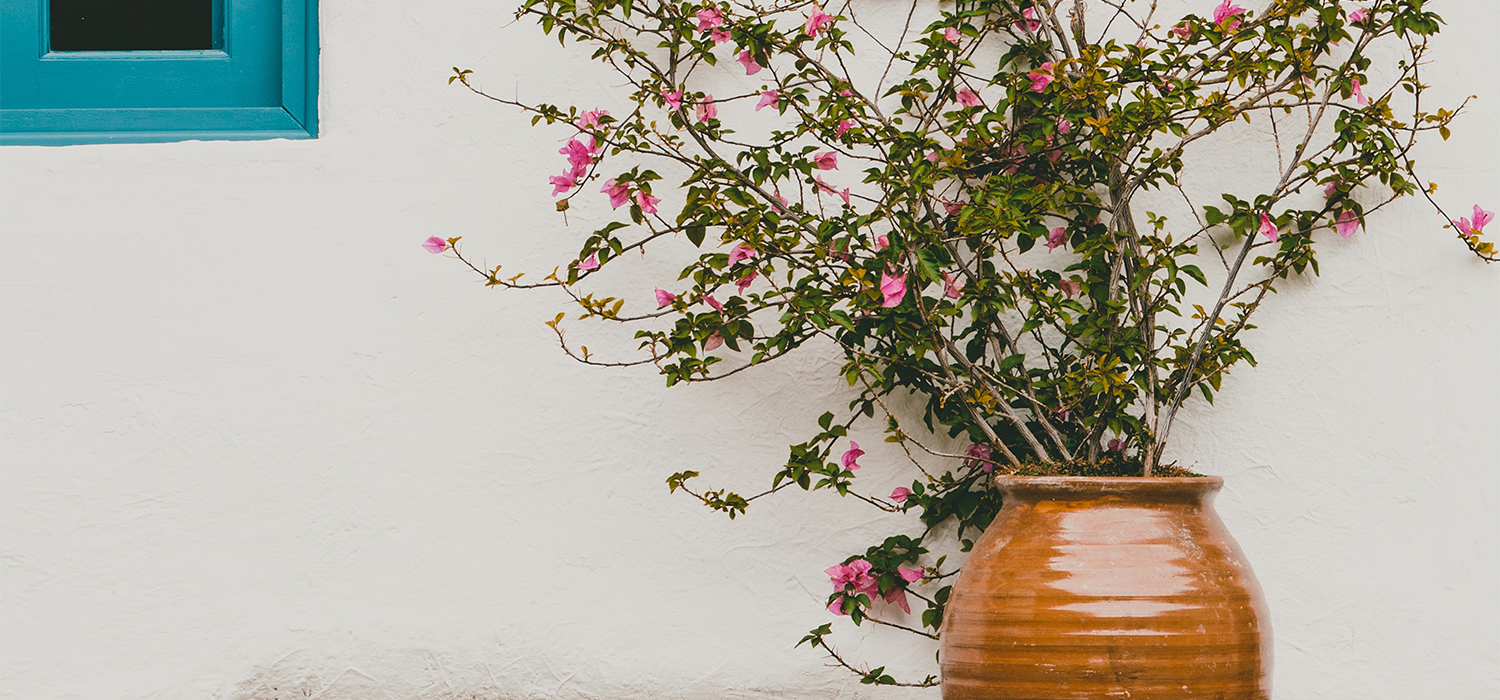

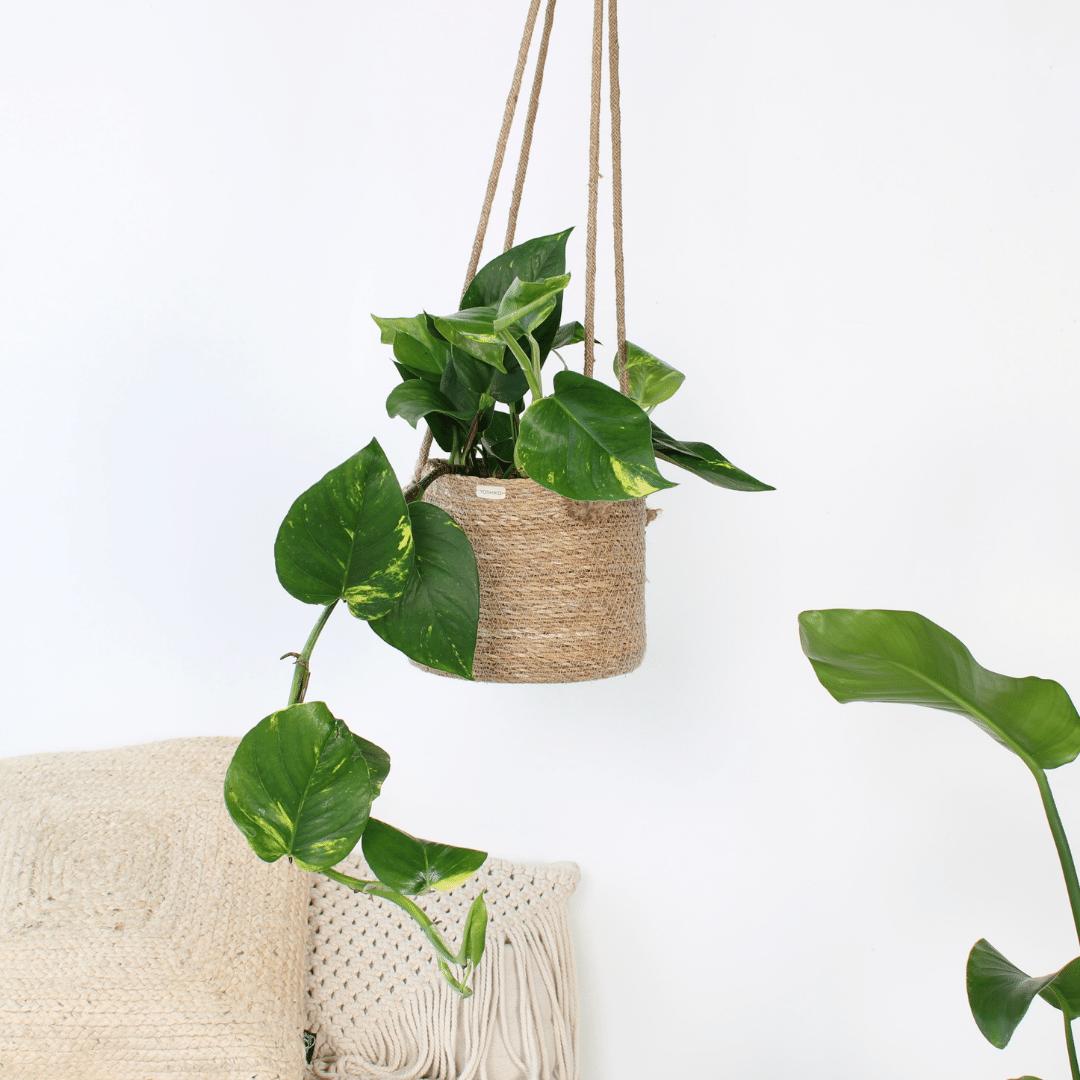
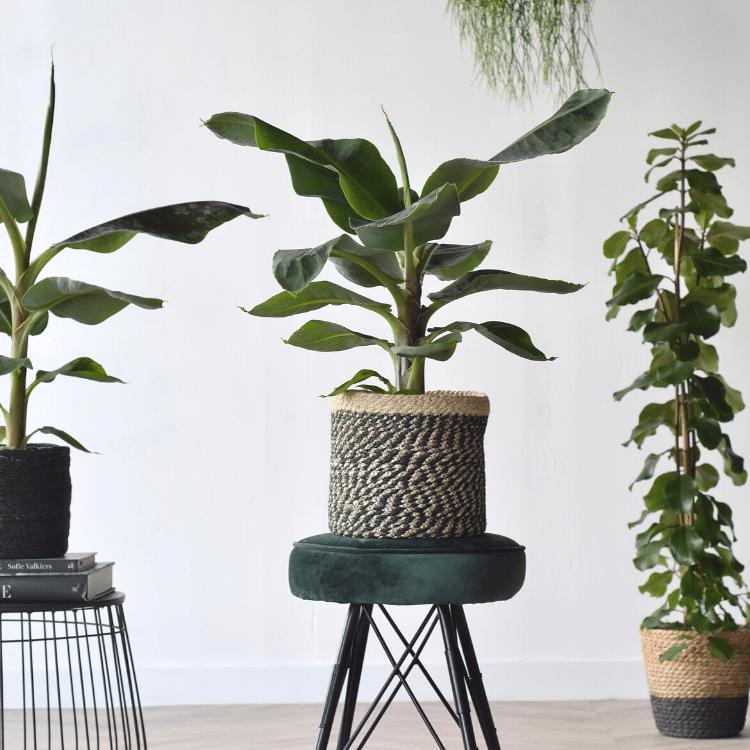
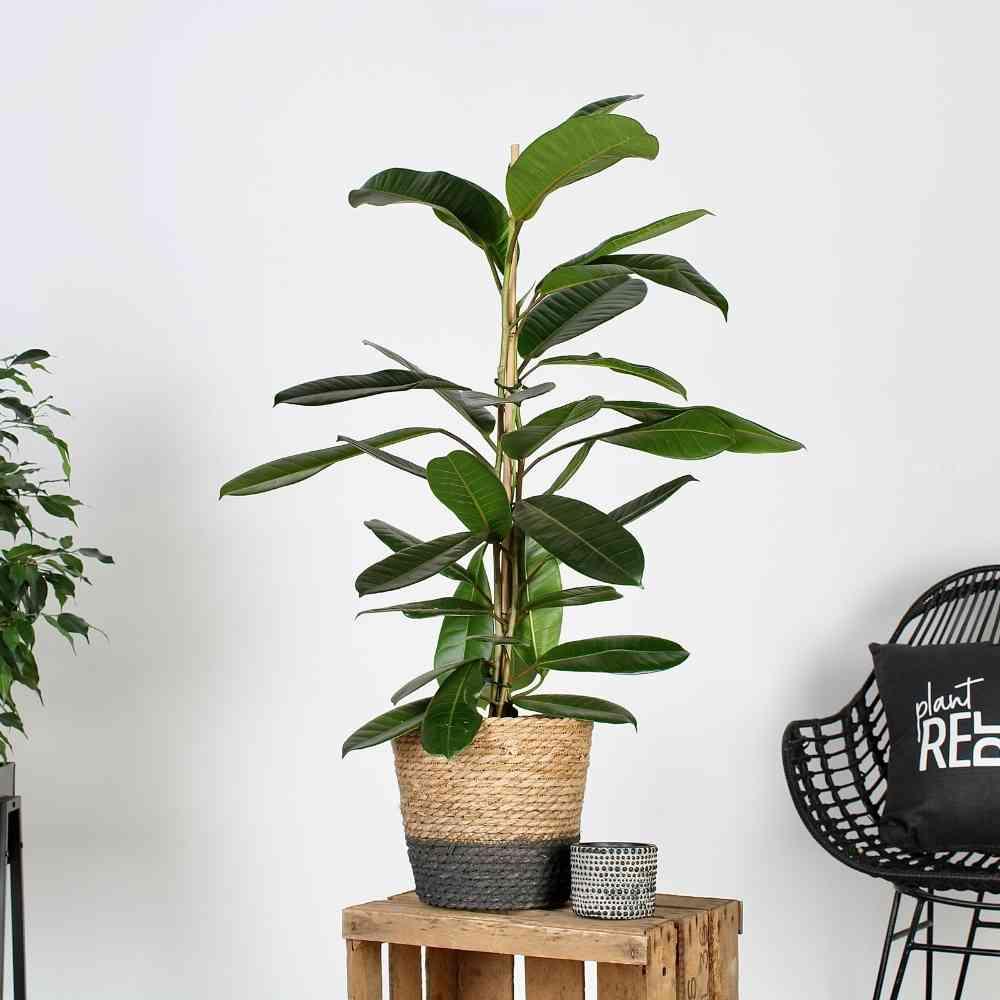
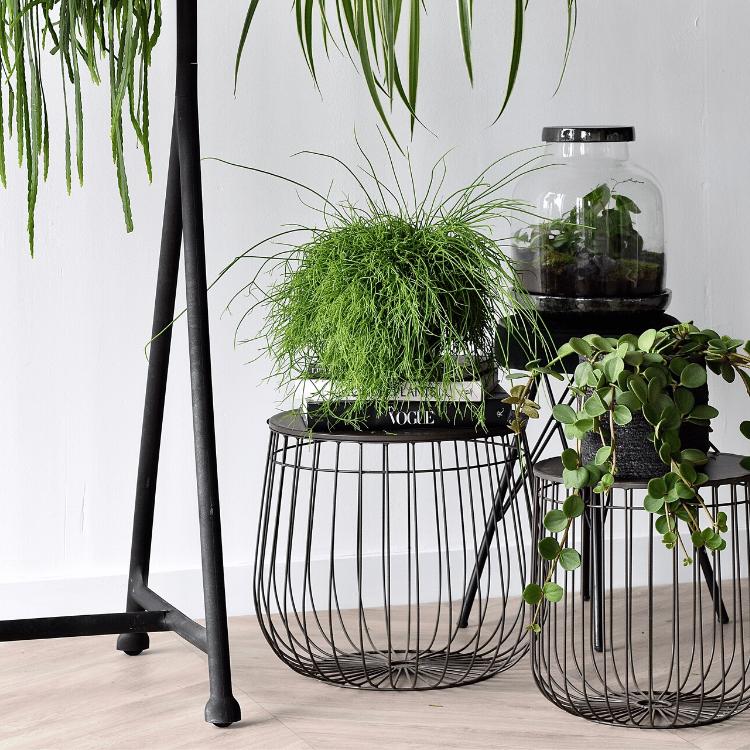
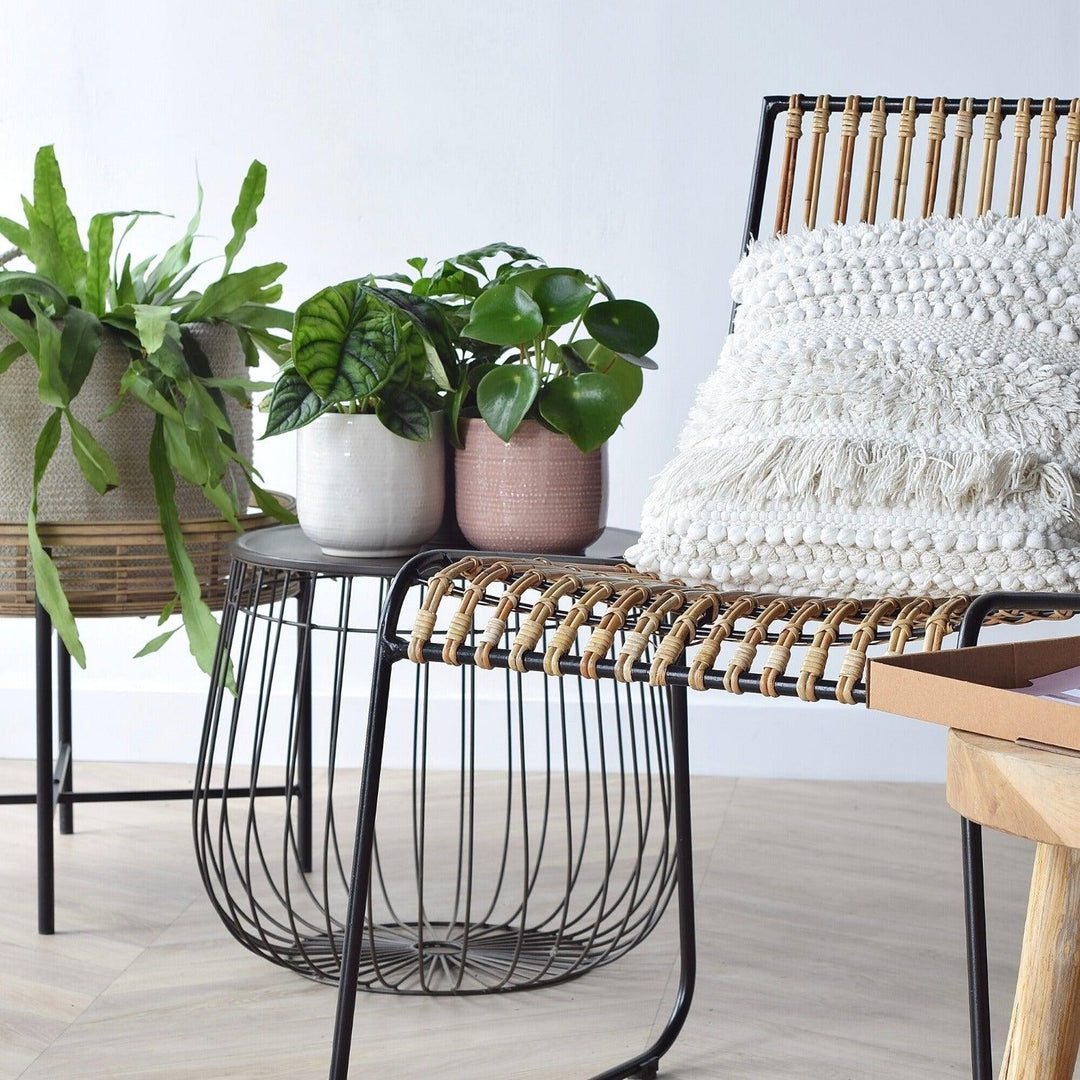
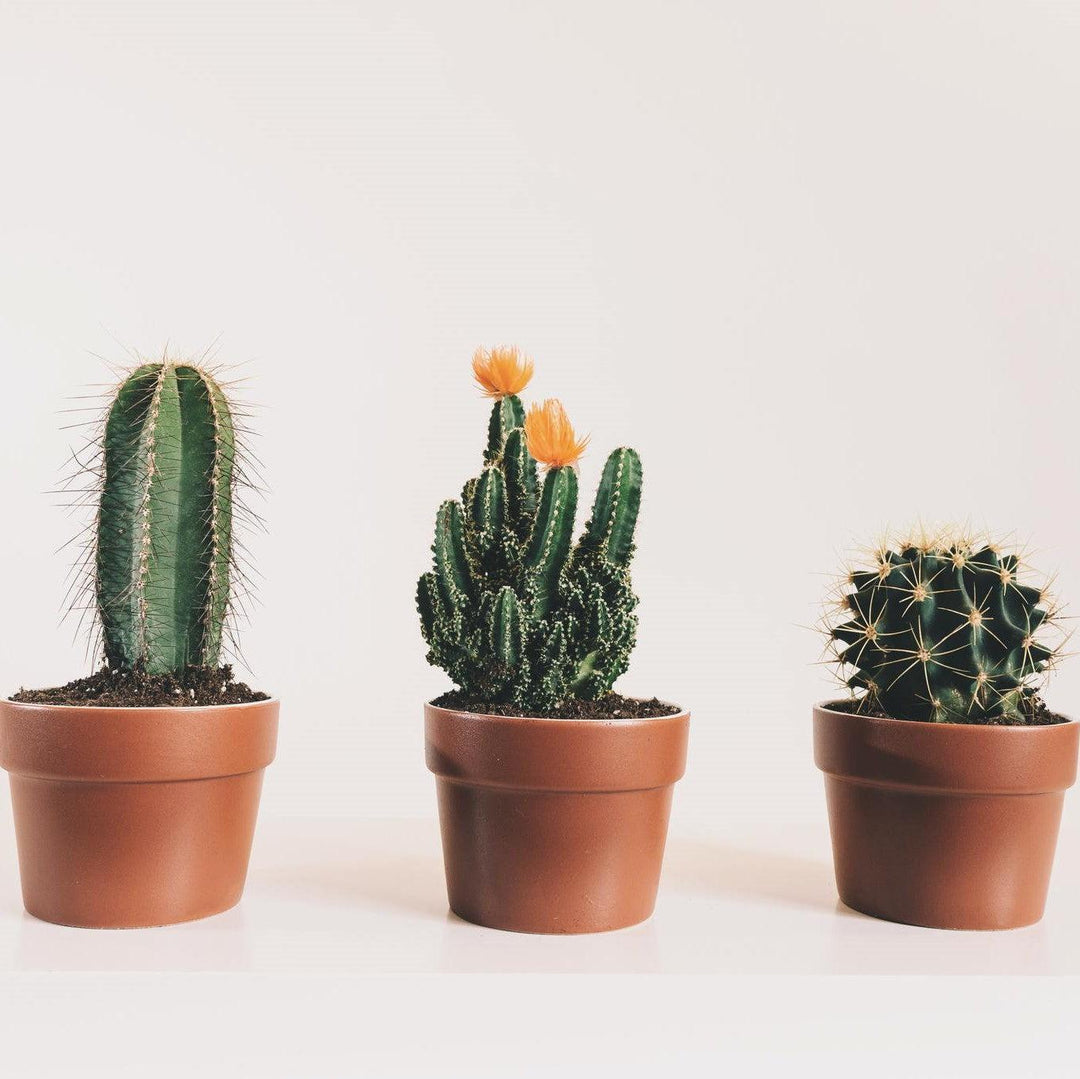
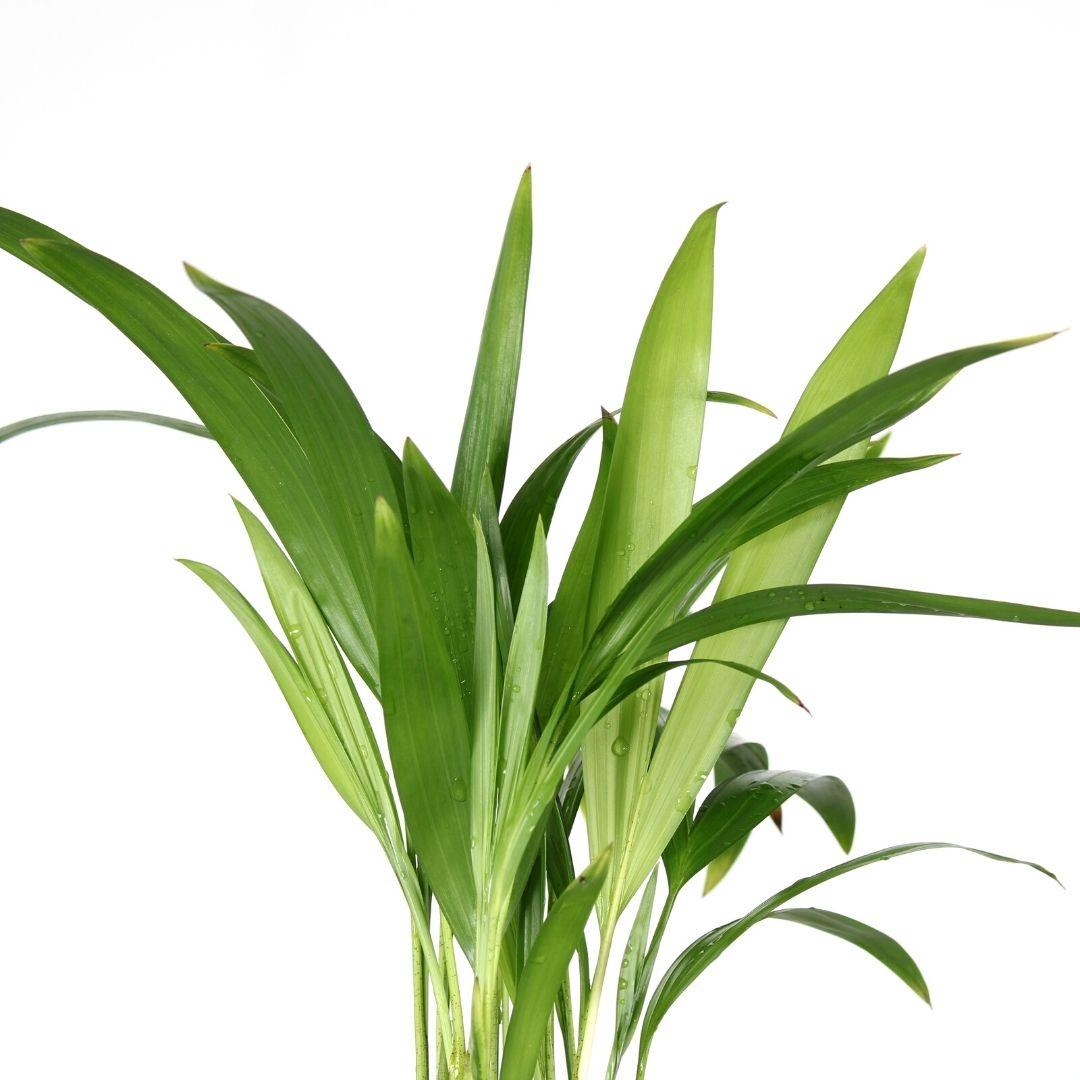
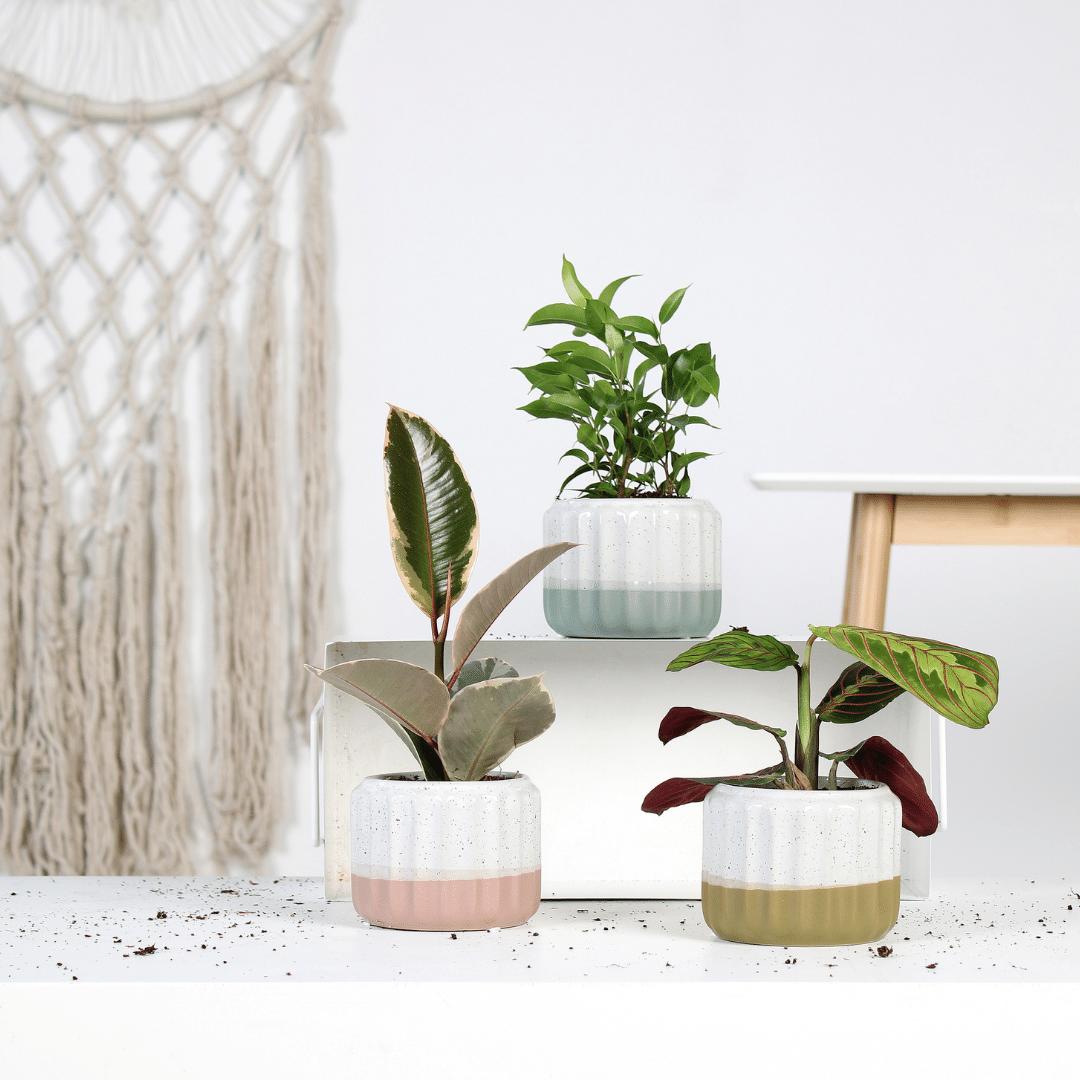
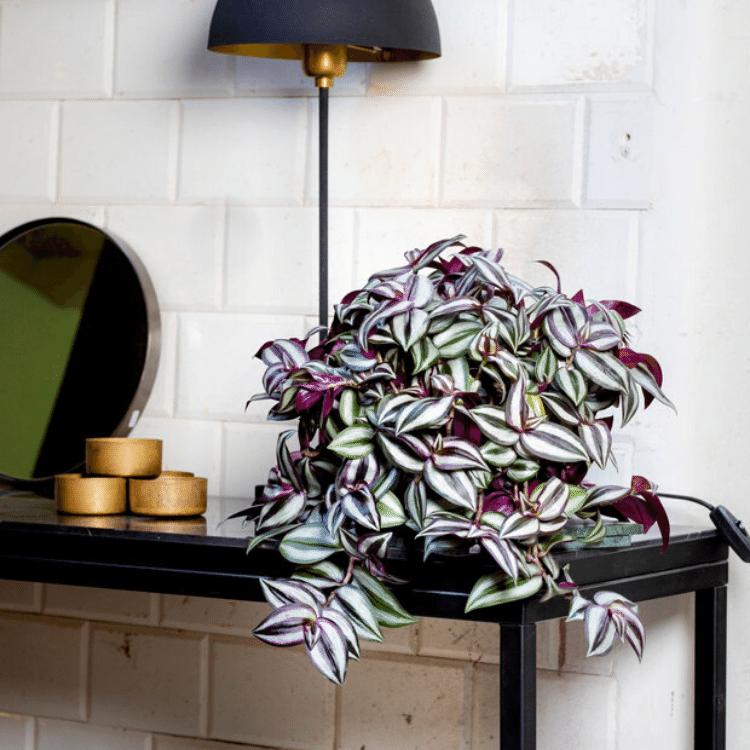
Leave a comment